Creative Arts: The Path to Mastery and the Power of Practice
The important connection of hobbies, interests, and leisure activities to human wellbeing have been well documented in recent years. An article published recently by Sir Anthony Seldon in the International Teacher Magazine entitled Taking care of yourself, talks about the importance of making time for hobbies and interests: something you love to do - whether it be sport, music, dancing, acting, knitting or cooking! Living through a global pandemic has certainly highlighted the importance of these types of activities, in addition to physical exercise and the need for social interaction required for a balanced and healthy lifestyle.
While hobbies and interests are without question a great way to pass time and take our minds off stressful situations, they can also play a much greater role in shaping lives, relationships and even careers. If you were to think of a famous and successful sports person, musician, or artist for example, you might well ask ‘How did they achieve that level of success?’ or ‘What does it take to reach that standard of excellence?’ and ‘How can I be as good as them?’. As educators we want the best for our students and, ultimately, we want all of them to succeed in their chosen pathway. We should encourage them to aim high and seek to gain mastery of the thing that they love to do most in the world: to find their passion. But what does it take to master your craft? What are the essential ingredients needed to become world-class?

Unfortunately, there is no guaranteed recipe for success. We know it takes hard work, focus, effort and determination – the metaphorical blood, sweat and tears - but what does that actually mean, and what does it look like in practical terms? By looking at the successes and research carried out across a range of disciplines, we can start to gain some insight into what works well a lot of the time and how we can best guide our students towards achieving world-class results.
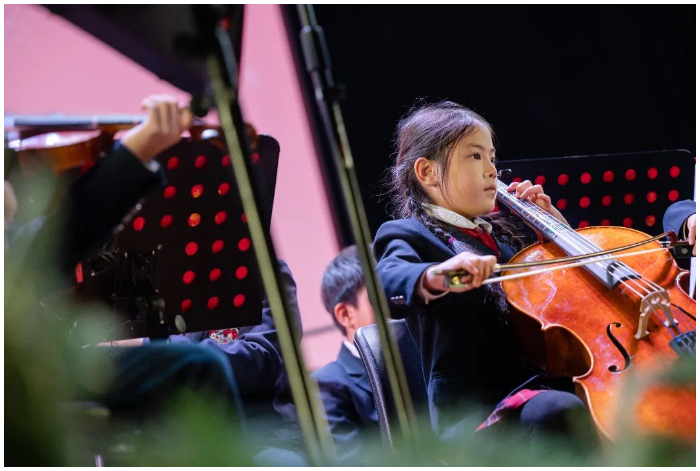
Start Early and Seek Opportunities!
————
It is generally agreed that starting early is a key factor in humans achieving great things. There are many examples of this from across many different fields, such as the sports, music, arts, literature, and science worlds. In addition to this, there are other elements that play a key role in achieving mastery. Support, encouragement, expert mentoring, or coaching are obvious, but opportunity is also a major factor, whether by design or by chance.
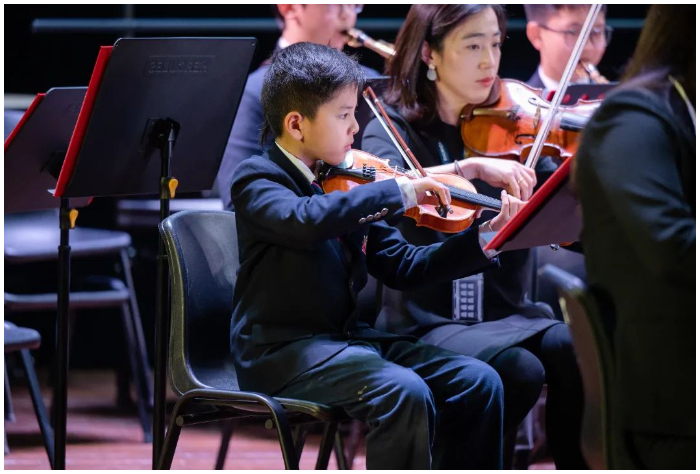
Dedication and Effort
————
In his book ‘The Talent Code: Greatness isn't born. It's grown’, Daniel Coyle talks about the artist Michelangelo and how he could ‘handle a hammer and chisel before he could read and write’. In his youth Michelangelo was an apprentice to the great Ghirlandaio, and as a result he was able to work on a range of high-end commissions and projects. He started out copying and imitating the work of other great artists of the time and learned the basics from experts who helped him refine his skills over several years under quite grueling circumstances. This enabled him to master his craft and become an expert sculptor and painter. Coyle points out that Michelangelo was ‘a promising but little-known artist until he produced the Pietà at age twenty-four. People called the Pietà pure genius, but its creator begged to differ. ‘If people knew how hard I had to work to gain my mastery, said Michelangelo, it would not seem so wonderful at all.’ It was a struggle and a labour of love, but through the combination of a large amount of dedicated time, great personal effort, repetition and expert tuition, Michelangelo was able to produce world renowned work as a master craftsman.
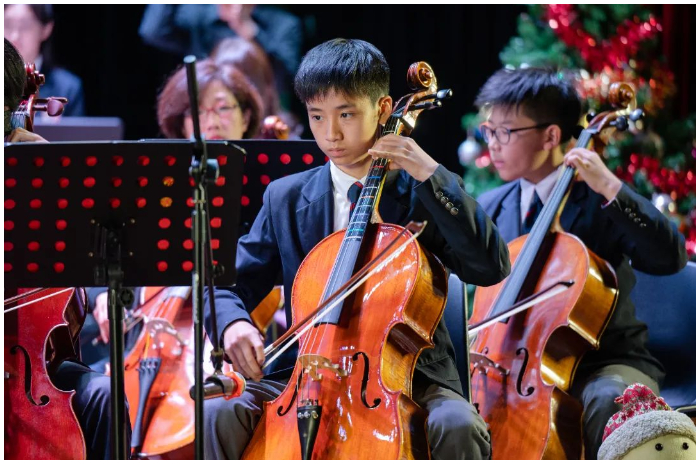
Deep Practice Makes Perfect
————
What is not always clear is the process behind works of such magnitude. Michelangelo may have been a genius, but he still had to study the details for a long time, learn from the best, and most importantly repeatedly practice refining his skills. No matter the discipline, the biggest thing these people have in common is the significantly large amount of dedicated time given to refining and reworking their craft. As Coyle states ‘they all spent thousands of hours inside a deep-practice hothouse, firing and optimizing circuits, correcting errors, competing, and improving skills.’ The important thing to note here is that it is not only the amount of time spent practicing or rehearsing, but the ‘what’ you are practicing. The term Deep Practice refers to targeted and specific practice relating to new and undeveloped areas of someone’s abilities, as Coyle puts it ‘operating on the edges of your ability, where you make mistakes – makes you smarter’.
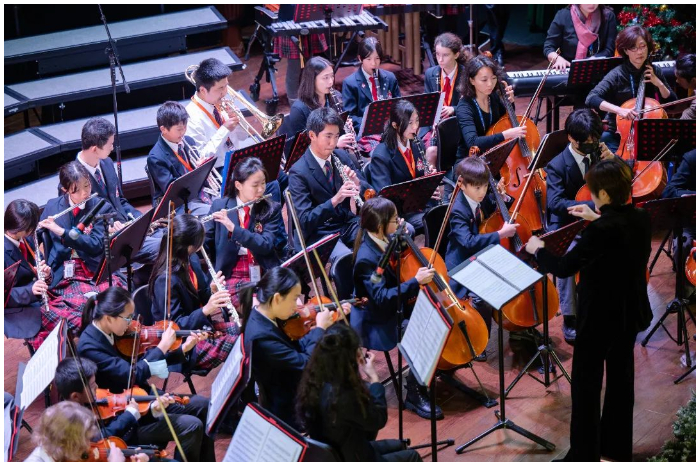
Fail Forward
————
When learning a musical instrument, many students worry about making mistakes. Mistakes are a big part of the learning process, and in lots of ways they are what aid improvements. By slowing down and pushing through the difficult passages, then revisiting them regularly, the connections start to become clearer. Students who confront mistakes and persevere will develop their performing skills, leading to a greater mastery of the music and handling of the instrument. The mistakes are a good thing and should be celebrated!
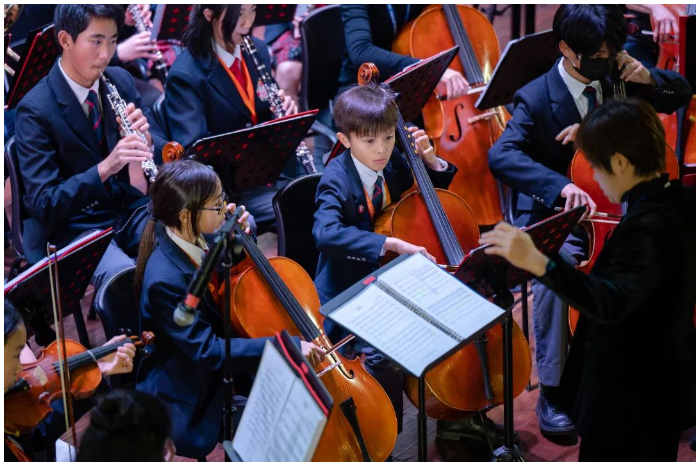
10,000 Hours
————
Authors like Malcolm Gladwell and Matthew Syed have highlighted examples from across different disciplines where experts in their field have studied and practiced not for weeks or months, but for many years to gain high levels of expertise. Syed says in his book Black Box Thinking: The Surprising Truth About Success that ‘It is well known that experts with thousands of hours of practice can perform with almost miraculous accuracy.’ He quotes research detailing how experts ‘have slowly but surely built up intuitions that enable them to perform with remarkable accuracy’. Closely linked with this is what researchers are calling the 10,000-hour rule. Malcom Gladwell talks about this in his book Outliers: The Story of Success. Gladwell sites studies in the early 1990’s by psychologist K. Anders Ericsson, who in conjunction with the Berlin Academy of Music, monitored and tracked beginner violin and piano and students over a number of years. All students started at roughly the same age (five years old) and practiced on average around three hours per week. The differences in progress started to be seen from around the age of eight, when those who wanted to be the best in their class upped their practice levels from three hours to six hours per week at age nine, eight hours per week by age twelve and sixteen hours per week at age fourteen and higher. By the time the elite students on this trajectory had reached age twenty they had reached around the 10,000 hours of practice time.
The students who did not put in the additional hours still performed to a very high standard on their instruments, gaining enough skill to perform with large orchestras or become very proficient musicians or even music teachers, however, none of them achieved what is regarded as the elite level of mastery or made it to the top performing spots. Gladwell also points out that Ericsson’s study did not identify any ‘natural musicians’ who achieved master level without putting in a vast amount of practice hours. Therefore, we should conclude that there are no ways around it, to be the best the only way is to practice, practice and practice some more. Gladwell rather elegantly sums it up when he says, ‘Practice isn’t the thing you do once you’re good. It’s the thing you do that makes you good.’
We can all agree that 10,000 hours in an extraordinary amount of time to dedicate to anything and it is an extremely challenging number for anyone to meet by themselves without support. Parental encouragement, along with specific guidance from expert tutors and teachers is vital. To put the 10,000 hours in context, it is approximately ten years of highly focused and targeted practice, hence the need for an early start!
There are many factors on the way to mastery, the time and dedication needed, support and encouragement, high quality tutoring and teaching, access to the right tools and of course, opportunity. Michelangelo may still be a little-known artist had he not had the opportunity to refine his craft, work with the right tutors, have access to the tools needed and the chance to display his work. Similarly, Mozart was considered a child prodigy, but without his father’s encouragement he may not have had the guidance, tools or opportunity to develop his skills that enabled him to produce such an outstanding body of work.
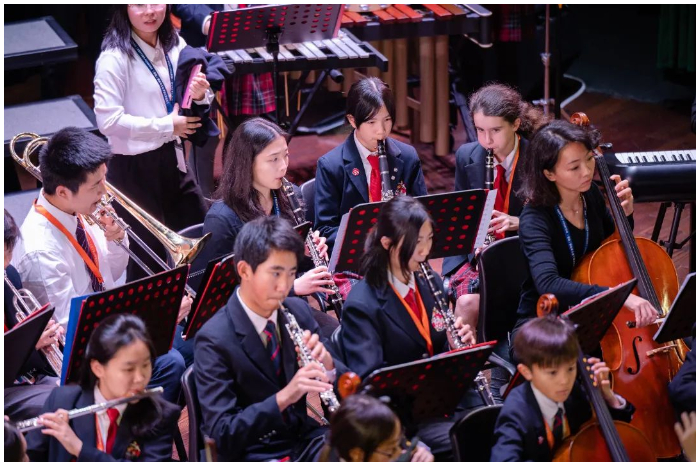
Aiming for mastery is hard and time consuming, so why do it? What are the benefits? In her book The Music Advantage: How learning music helps your child's brain and wellbeing, Anita Collins sites what psychologists call the ‘big five’ personality traits associated with learning a musical instrument as openness, conscientiousness, extroversion, agreeableness and neuroticism. She talks about Dr Kathleen Corrigall’s research which states that conscientiousness and openness to experience are significant qualities developed in musicians in particular. Corrigall suggests that this could be because ‘learning to play a musical instrument could be facilitated by conscientiousness, which involves self-discipline, organization, and achievement-orientation, and/ or by openness-to-experience, which describes the tendency to have an active imagination’.
While working independently is important for developing mastery, outstanding musicianship comes from working and performing with other musicians. Ensemble performances are extremely important to the overall development of a young musician as it not only enhances listening and communication skills but, according to Corrigall can, ‘enhance social interactions via appropriate neural and chemical activity’. The psychological safety of being part of a group helps to increase confidence levels amongst students and is therefore an important aspect of becoming a better performer. The social aspects of forming friendships and making connections through ensembles can have an overall positive impact on mental health and well-being, something we want for all our students and what some would say are crucial in our current times. The good news is that rehearsal time also contributes to the 10,000 hours and the journey towards mastery, which in turn are developing the traits of openness, conscientiousness, extroversion and agreeableness, hopefully while having fun with your tribe!
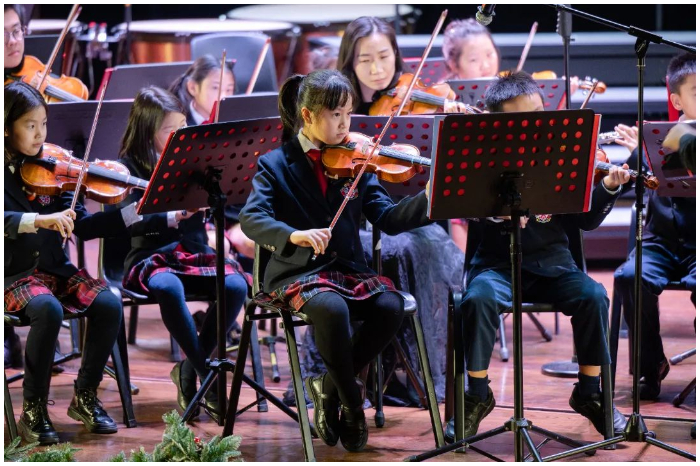
At Dulwich College Shanghai Puxi, we aim to provide as many opportunities as possible for our students across the Creative Arts department. It is our belief that students should be offered a wide range of activities to help them discover their passion. For example, in Drama lessons students not only have the opportunity to perform on stage, they can also learn about set design, gain technical theatre knowledge and script writing experience through practical application during productions. Through our Art programme students learn to think and act as artists and designers whilst learning to appreciate other art works. The Art curriculum aims to provide students with experience of working in range of ways including drawing and painting, printmaking, textiles, sculpture, photography and digital manipulation of image. The Music curriculum pathways have practical music making at their heart with the aim to enhance musical skills, knowledge and understanding. Our one-to-one Instrumental Tuition Programme, the Endangered Instrument Scheme, and various solo and ensemble openings, allow students to have access to tools and experiences from a young age which will hopefully help them to find their passion. Backed up with a range Co-Curricular Activity options, a wealth of visiting practitioners and many connections across Shanghai and the Dulwich family of schools, our students have many opportunities to discover what it is they love to do.
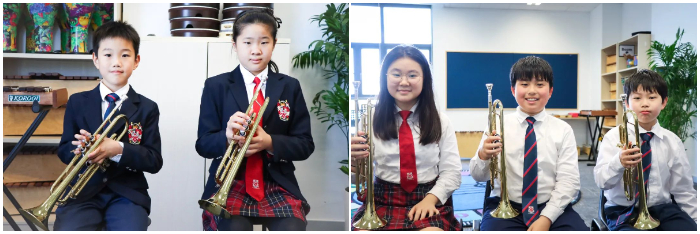
So, the next time students complain about extended rehearsals and long hours of practice, it’s only so they can become masters of their craft!
References
Sir Anthony Seldon in the International Teacher Magazine - Taking care of yourself https://consiliumeducation.com/itm/2021/05/21/taking-care/
‘The Talent Code: Greatness isn't born. It's grown’, Daniel Coyle
Black Box Thinking: The Surprising Truth About Success, Matthew Syed
Outliers: The Story of Success, Malcolm Gladwell
The Music Advantage: How learning music helps your child's brain and wellbeing, Anita Collins





